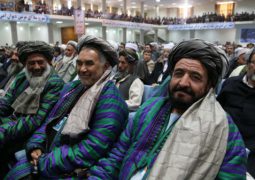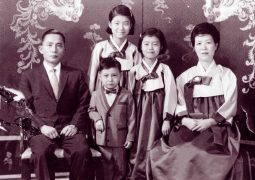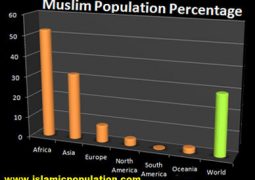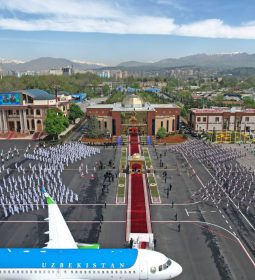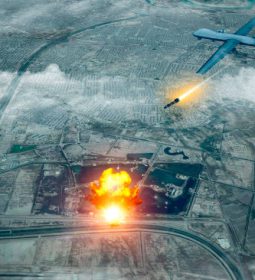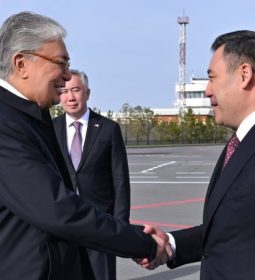Islamic State Claims Attack on Egyptian Copts Officials say 29 people were killed on Friday
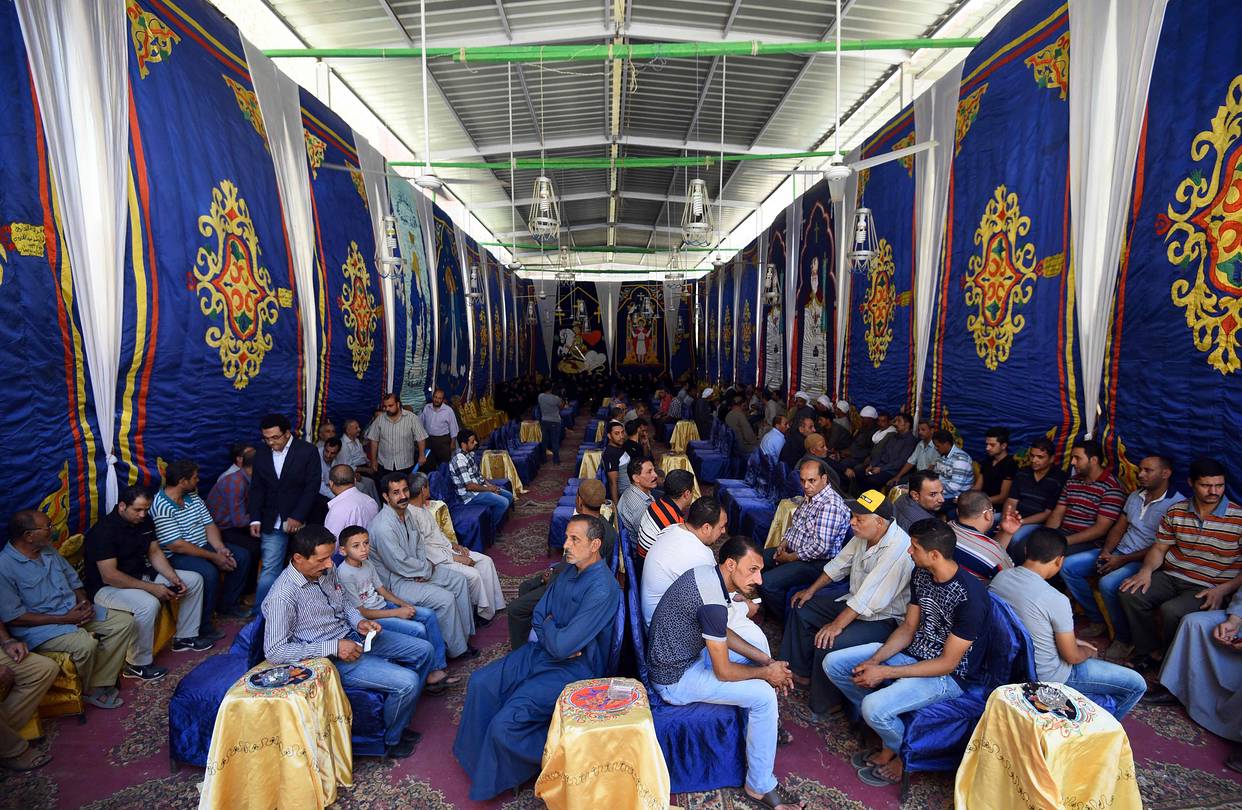
Islamic State claimed Saturday a team of its gunmen carried out the attack on a bus full of Coptic Christian pilgrims in central Egypt, which Egyptian officials said killed 29 people.
The claim was made on Amaq, Islamic State’s official news agency, and distributed online. It said a team of Islamic State gunmen targeted the bus in Minya province on Friday because of its Coptic occupants.
Egyptian President Abdel Fattah Al Sisi responded to the attack by launching airstrikes on what the military said were militant training camps in the eastern Libyan city of Derna. Mr. Sisi said the gunmen had trained and planned the attack in the camps in Libya, which borders Egypt. But he provided no evidence to back up his claim and Islamic State hasn’t had a presence in Derna since late 2015.
The rare cross-border airstrikes by Egypt’s military underscored the severity of the national security crisis that Mr. Sisi’s government is facing. There has been an increase in Islamic State attacks on Egypt’s Christian minority since December.
But the airstrikes also raised questions about Egypt’s counterterrorism strategy. Islamic State had briefly controlled Derna in 2015 before they were expelled by a rival Islamist coalition with links to al Qaeda later that year. Islamic State then steadily lost most of its territory in Libya, culminating with its defeat in the coastal city of Sirte in December.
Egypt last struck Derna in February 2015 after Islamic State militants released a video showing the execution and beheading of a group of Coptic Christian Egyptian laborers on a beach in Libya.
Libyan intelligence officials said Islamic State militants are now scattered in the sparsely inhabited desert regions in southern Libya along borders with Algeria and Chad. Though it has been significantly weakened, the Libyan officials said the group has been able to launch sporadic attacks on security forces.
Friday’s attack was carried out by gunmen in sport-utility vehicles who ambushed the bus full of pilgrims on their way to the St. Samuel monastery in Minya, about 190 miles south of the capital Cairo.
It was the latest in an unprecedented wave of violence against Egyptian Christians, who make up about 10% of the population. They had mostly supported Mr. Sisi’s rise to power as the head of the military, which orchestrated a coup that ousted the country’s first freely elected president, Mohammed Morsi, in 2013.
Mr. Sisi has struggled to contain the insurgency by Islamic State’s Egyptian affiliate, which had been mostly confined to the remote northern region of the Sinai Peninsula. This has dented his credibility as the self-proclaimed stalwart against terrorism in the Middle East.
Mr. Sisi imposed a three-month national state of emergency in April after Palm Sunday suicide bombings by Islamic State’s Egyptian affiliate, Sinai Province, which killed at least 45 worshipers at Coptic churches in Alexandria and Tanta.
In December, an Islamic State bombing at Cairo’s main Coptic cathedral compound killed 25 people, the largest attack on a Christian house of worship in Egypt since 2011.
In a televised speech late Friday, Mr. Sisi said the airstrikes in Libya were a decisive answer to the militants. Though he didn’t directly blame Islamic State for the Minya attack, he repeatedly accused the group of seeking to divide Egyptians along sectarian lines to destroy the nation’s economy and social order.
He suggested Islamic State militants from Syria had “ended their mission five months ago” and were flooding Libya and Sinai to target Egypt. Mr. Sisi, who enjoys a close relationship with President Donald Trump, said he is counting on greater support from the new U.S. administration to fight the insurgency.
Sinai Province had until late last year mostly restricted their attacks to police and military personnel in northern Sinai.
Mokhtar Awad, an analyst at the Program on Extremism at George Washington University, said that with travel to Syria and Iraq becoming increasingly difficult, local militants have adopted the brutal tactics of Islamic State in those countries—particularly the targeting of religious and ethnic minorities.
“These individuals may not be necessarily returning from a foreign field of battle, but rather have converted to the [Islamic State] brand of takfirism,” he said, using the Arabic word for the practice of branding someone of the three Abrahamic faiths as disbelievers and sanctioning violence against them.
- Previous Chinese Jets Intercept U.S. Navy Plane, Pentagon Says Intercept occurred same day a U.S. Navy ship sailed within 12 nautical miles of a Chinese-built island in South China Sea
- Next Zbigniew Brzezinski, National Security Adviser to Jimmy Carter, Dies at 89




